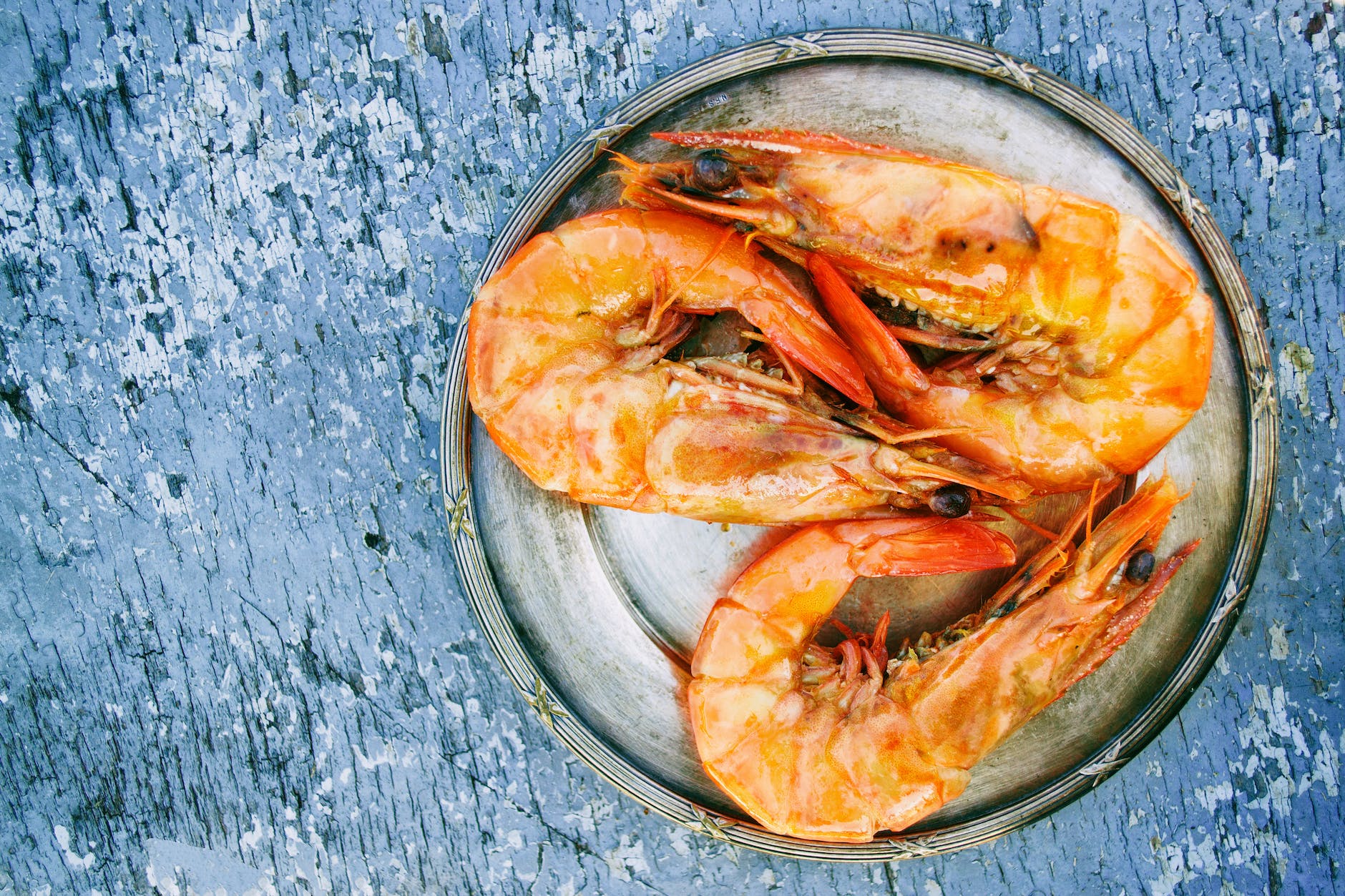
Seafood
In this insightful guide, we delve into the intricate intersection of Islamic dietary principles and the consumption of seafood. With a focus on Halal guidelines, we explore the vast array of aquatic life, deciphering what is permissible and what is not according to Islamic teachings. Discover the ethical considerations, preparation methods, and key distinctions that define Halal seafood. Whether you’re a devout follower seeking clarity or someone interested in understanding diverse culinary traditions, this comprehensive exploration will illuminate the nuances of seafood within the framework of Islamic dietary laws.
Just as adherence to Islamic dietary laws shapes the culinary choices of millions, it is essential to recognize that the lifespan of cooked seafood is also a vital consideration in Halal practices.
1. Islamic Dietary Laws: A Comprehensive Overview
Islamic dietary laws, rooted in religious teachings, dictate the dietary habits of millions worldwide. This section provides a detailed exploration of these laws, covering principles such as Halal (permissible) and Haram (forbidden) food items. Understanding the significance of these guidelines is crucial, as they not only influence individual choices but also reflect the spiritual connection between Muslims and their faith. Delve into the historical context and fundamental principles underpinning Islamic dietary laws, offering a comprehensive understanding of the importance of adhering to these guidelines in everyday life.
2. Defining Halal Seafood: Permissible Aquatic Life Forms
Within the realm of Halal seafood, determining which aquatic life forms are permissible can be intricate. This section meticulously categorizes various marine species, clarifying which are Halal according to Islamic teachings. By delving into the specifics of fish, crustaceans, and mollusks, readers gain a nuanced understanding of what makes certain seafood permissible while others are prohibited. This knowledge empowers individuals to make informed choices, ensuring that their dietary preferences align with their religious beliefs and ethical considerations.
3. Ethical Fishing Practices: Ensuring Halal Standards
Beyond the seafood itself, ethical fishing practices play a pivotal role in upholding Halal standards. This segment sheds light on sustainable and humane methods of harvesting seafood, emphasizing the importance of environmental responsibility and animal welfare in Islamic teachings. Readers will explore how adherence to these principles not only aligns with religious ethics but also contributes to the preservation of marine ecosystems, reflecting a harmonious balance between faith, ethics, and environmental stewardship.
4. Halal Seafood Preparation: Adhering to Religious Guidelines
The process of preparing seafood is equally significant in ensuring its Halal status. This section elucidates the religious guidelines governing the handling, processing, and cooking of seafood in accordance with Islamic principles. From utensil hygiene to specific cooking techniques, readers will gain insights into the meticulous steps involved in maintaining the Halal integrity of seafood dishes. Understanding these guidelines is essential for individuals, restaurants, and food industries to respect the religious beliefs of consumers, fostering a Halal-conscious culinary environment.
5. Navigating Seafood Menus: Making Informed Choices in Halal Dining
Amidst the vast array of culinary temptations, understanding Halal dietary principles not only guides individuals in making mindful choices about seafood but also extends to other dietary considerations, such as greasy foods. By applying the same awareness and informed decision-making used when selecting Halal seafood, individuals can navigate menus, identify suitable options, and enjoy their meals while upholding their religious beliefs. This holistic approach ensures that every aspect of one’s dining experience, from selecting Halal seafood to making conscious choices about greasy foods, reflects a commitment to respecting religious values while savoring the diverse culinary delights the world has to offer.






